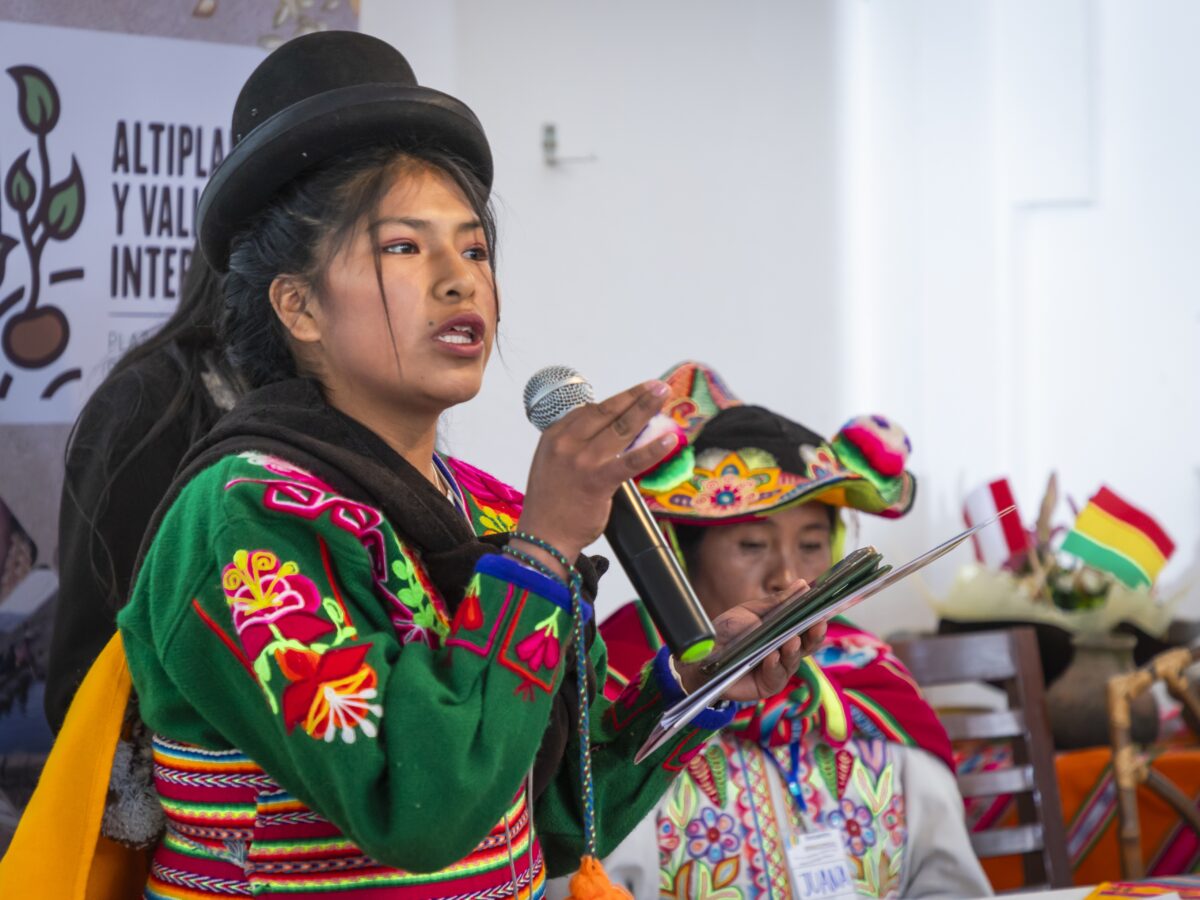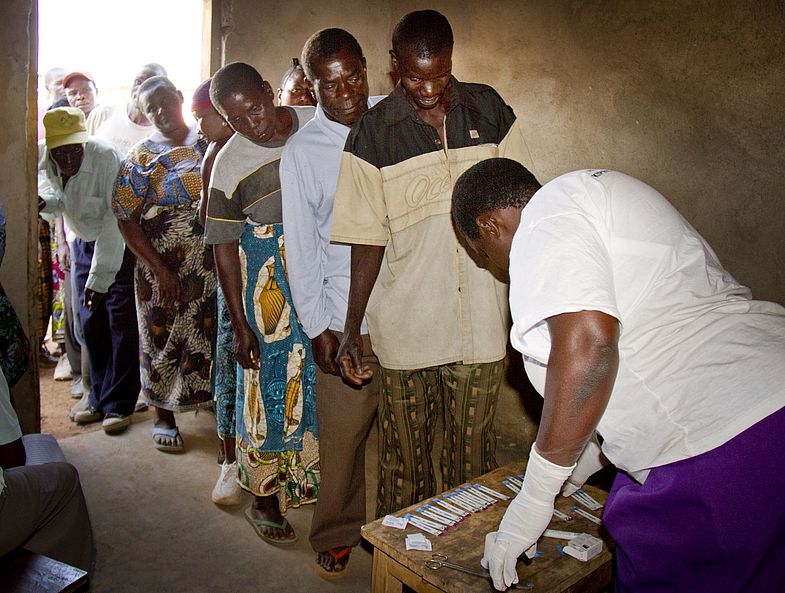Tobias Brandner has lived in Hong Kong for 24 years. He works as a theology professor and prison chaplain. University and prison - when Brandner arrived in Hong Kong, these two worlds seemed far apart. But the protests of the democracy movement in Hong Kong have suddenly brought them close together. "Many students are involved in the protests. Some are now also coming into contact with the reality in prison," says Tobias Brandner. "In prison, I also occasionally meet former high government officials."
Claudia Buess, head of educational events at Mission 21, moderated the online discussion. Click on the video to watch the entire discussion.
Through these conversations and contacts, Tobias Brandner can provide vivid background information, for example on the Hong Kong demonstrations against a new security law from China that are making headlines around the world. In Mission 21's "Dialog International" series of events on June 18, he explained both geopolitical contexts and people's personal motivations for the protests and the effects of the Corona pandemic in a virtual conversation.
Uncertainty and subdued mood
The prevailing feeling in Hong Kong right now is uncertainty, Brandner said. No one knows what the law, which will be passed in the next few days, really means for people, he said. "It's unclear what you're still allowed to do and what you're not. Do I make myself liable to prosecution if I speak out for Hong Kong's independence from China? Even the experts don't know. It is a question of implementation. What will be punished, how will it be punished - that will only become clear when there are judgments," says Brandner. The Corona virus is also causing uncertainty and a subdued mood.
"At the moment, public life is still strongly influenced by Covid-19. All people wear mouthguards on the street. But they are out again in large crowds. With the continuous relaxation, the demonstrations have become more intense again. But they are not as violent as last year," Brandner said.
Interaction in virtual space
For Mission 21, it was the first "Dialog International" event to take place in virtual space. Even in this setting, interaction with the audience was possible, which makes the format so valuable. The audience asked Tobias Brandner numerous questions, including about the role of the church in the protests.
"Christianity is taking an extraordinarily important and strong role in the protests," Brandner said. Most Christians, he said, do not agree with the violent side of the movement, but are committed. "The churches do not explicitly express themselves politically. But they participate with moral support of the demonstrators and they don't distance themselves from them." It is conceivable that the Christian church in Hong Kong is currently becoming more attractive to young people again, Brandner said. "Churches are a great space for civil freedom."
Many think of emigration
A member of the audience wanted to know whether Tobias Brandner would be endangered if people chatted with him from abroad. "No," Brandner said, adding, "Many people are thinking about emigrating. Almost every day I meet friends and acquaintances who want to emigrate."
However, he himself has no plans to leave Hong Kong: "I experience my work as more exciting than ever. I can work in a hot spot in society and have access to prisoners, often very dedicated people. That's a privilege."
► Watch the whole conversation with Tobias Brandner on Vimeo
► Learn more about Tobias Brandner's work in Hong Kong
► Support Tobias Brandner and the Mission 21 project with a donation








